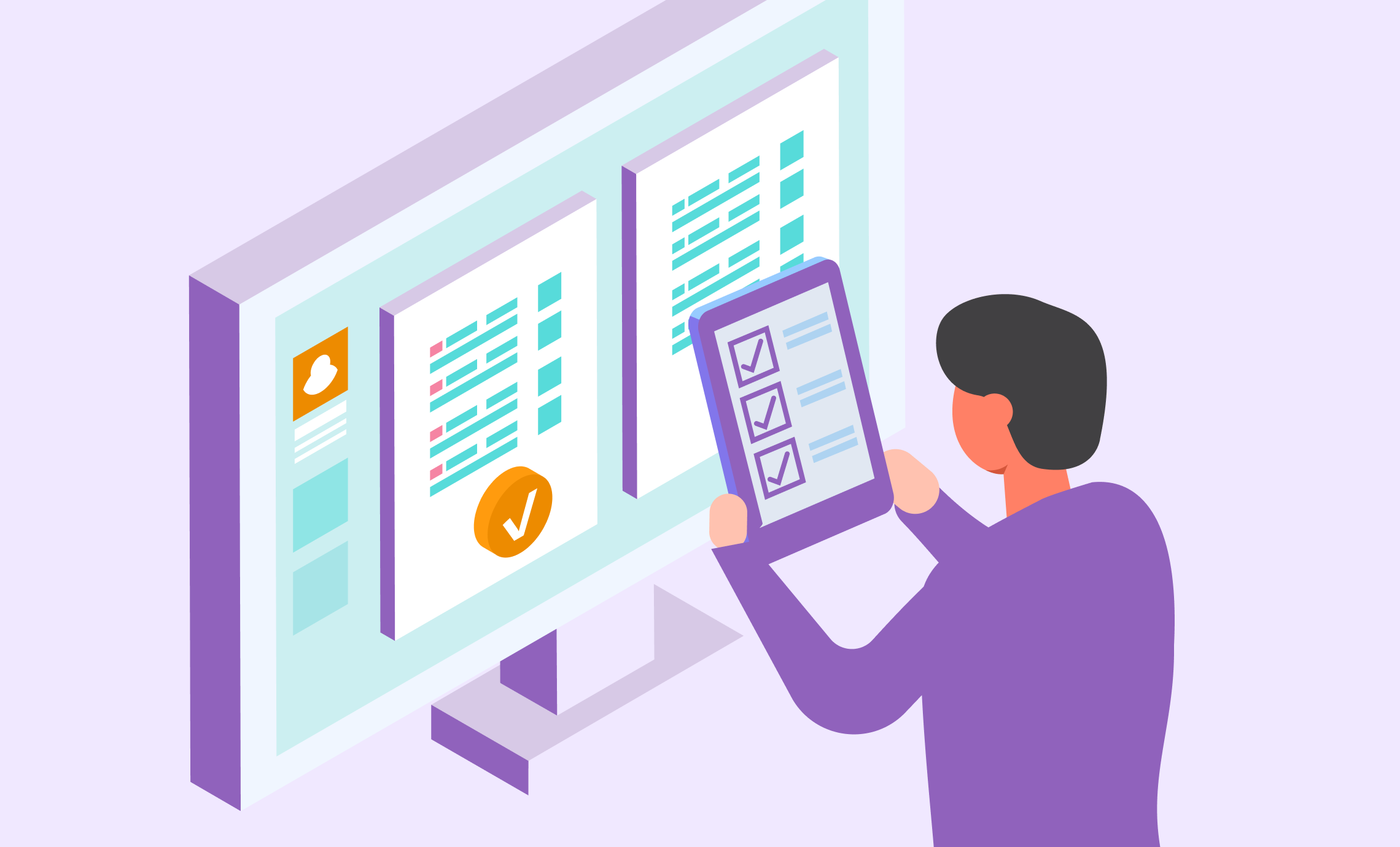Emergencies by their very definition are unexpected. They can happen anytime, anywhere and it’s important to consider their possibility when planning your event. You never want to think something like a power outage or tropical storm will affect your event, but it’s better to be prepared in case something happens so you are ready to respond.
Here are some helpful planning tips so you can be ready for the unexpected:
-
-
- Collect contact information – Gather complete contact information for everyone involved in your event. This includes contact information for attendees, vendors, partners, and anyone else that you may need to reach with important information on the fly.
- Know your venue – Study the venue map, fire plans, and locate first-aid stations to easily identify exit routes so you know where to go in an emergency.
- Don’t leave anyone out – Consider any attendees with special accommodation needs and how they will be assisted if something does happen.
- Safety first – Review safety procedures with your team beforehand and plan how communications will be made to attendees. You can even go through role-playing scenarios with your team prior to the event and have a script to follow if an emergency takes place. Practicing for an emergency ahead of time helps to keep people calm and lets them know what to do and how to react.
- Event Insurance – Research and purchase an event insurance policy that will help cover your costs in the event of an emergency.
- Local law enforcement and healthcare– Compile a list of local law enforcement numbers and contact information for the closest hospital or urgent care facility.
- Create an emergency kit – Have first-aid essentials ready and easily accessible in case they are needed. This can include band-aids, gauze, a whistle, extra batteries, and more.
- After hours – Accidents or medical emergencies tend to take place after normal event hours. Choose a staff member to monitor the event app or twitter feed once the event is done for the day so they can reach out to management or attendees if needed. Also, include emergency contact information for show management so attendees can reach someone for assistance if necessary.
- Have a backup plan – Its good practice to have a backup venue in place. If you can’t find a backup venue, have a plan for cancellation or rescheduling ahead of time so you are prepared if something does happen.
These are just some things to consider during your event planning process that will help you prepare in the case of an incident. In the event of an emergency, knowing that you have planned ahead will keep your attendee’s safety as a top priority and will put your mind at ease knowing you are ready to respond.
-


